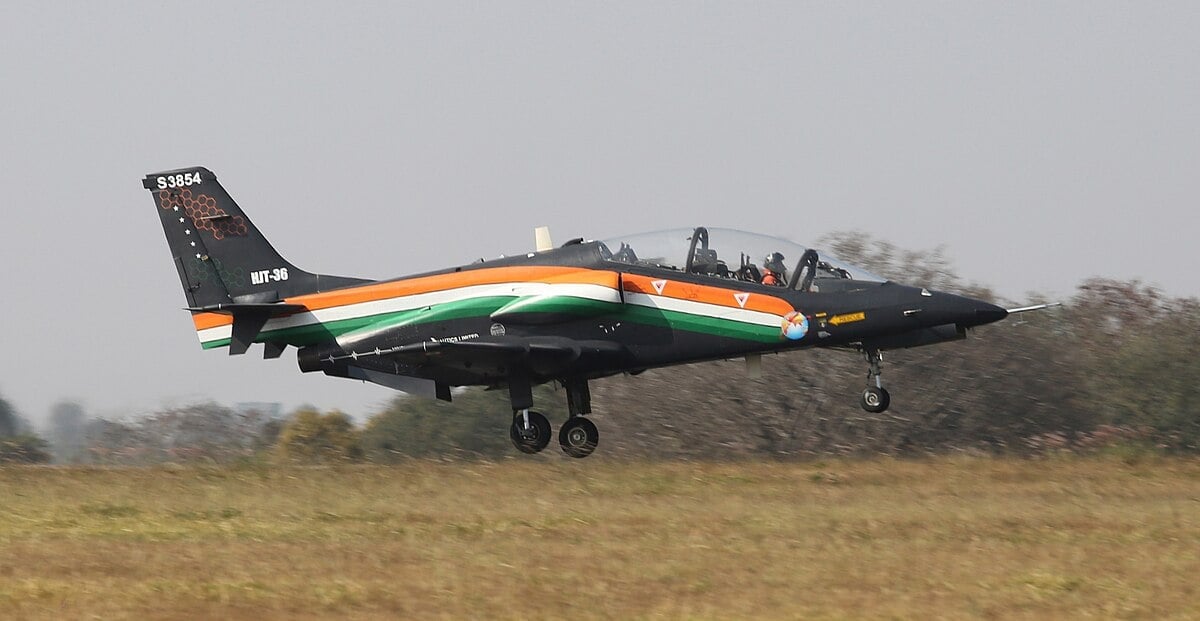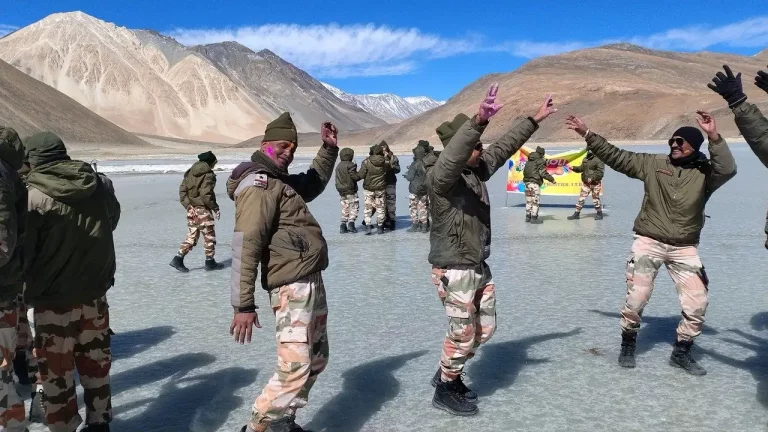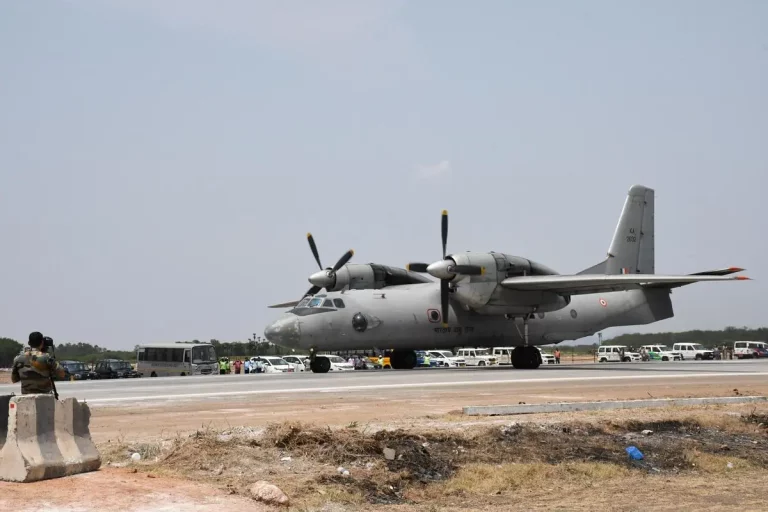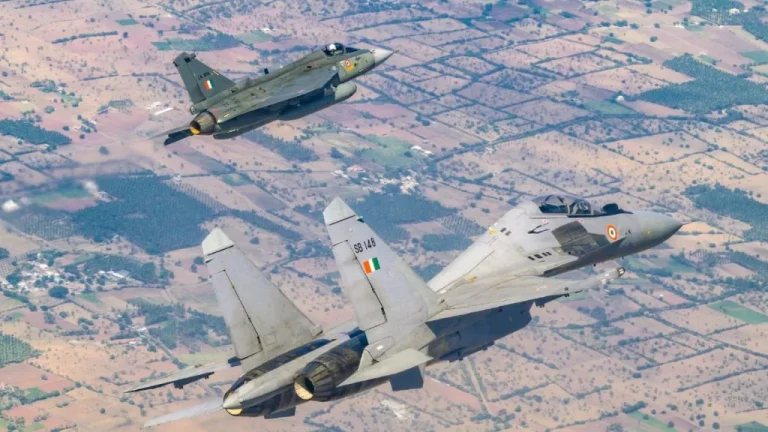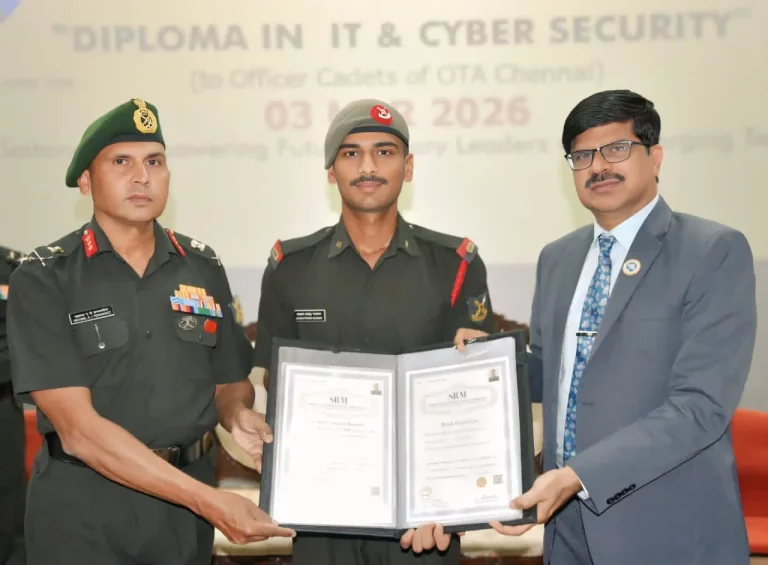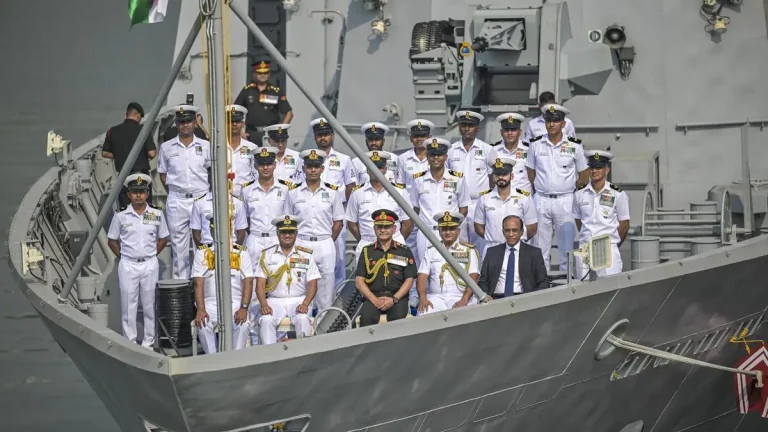Hindustan Aeronautics Limited (HAL) is poised to lease four upgraded HJT-36 ‘Yashas’ intermediate jet trainers to the Indian Air Force (IAF), a significant step that aims to revitalize a long-standing program and anchor the aircraft within India’s pilot training framework.
In an interview with Flightglobal, HAL Chairman and Managing Director DK Sunil revealed that extensive modifications have addressed the developmental challenges that have confronted the aircraft for over twenty years. Initially branded as ‘Sitara’, the HJT-36 encountered numerous delays tied to concerns surrounding spin recovery and its departure characteristics. The aircraft has now been relaunched as the ‘Yashas’, boasting substantial design and avionics enhancements.
The newly updated Yashas features a fully modernized glass cockpit while retaining its AL-55I engine, which together facilitate improved pilot interface and greater situational awareness. Its design aims to bridge the gap between basic trainers, like the HAL HPT-32 Deepak, and advanced training platforms such as the BAE Systems Hawk 132.
HAL’s strategy involves leasing four retrofitted jets, selected from a pool of 12 limited-series production aircraft to the IAF for evaluation purposes. These leased aircraft will be fitted with the latest upgrades to rectify earlier performance issues.
The IAF is expressing cautious interest in the Yashas as its aging fleet of HJT-16 Kiran intermediate trainers approaches retirement. The Yashas is anticipated to serve as a replacement for the Kiran, providing a more seamless transition for trainee pilots moving from propeller-driven aircraft to high-performance jets like the Tejas, Su-30 MKI, and Rafale.
Sunil highlighted the crucial role the Yashas will play in India’s pilot training continuum, stating, “We’ve fixed the problems we had with spin and upgraded to a full glass cockpit. It’s a very capable jet now, and we expect it to become the mainstay of the Indian Air Force in the coming years.”
Should the initial evaluation of the Yashas yield favorable results, the IAF may move to place significant orders for the aircraft. This potential development would not only benefit HAL but also reinforce India’s dedication to bolstering indigenous defense production efforts.
